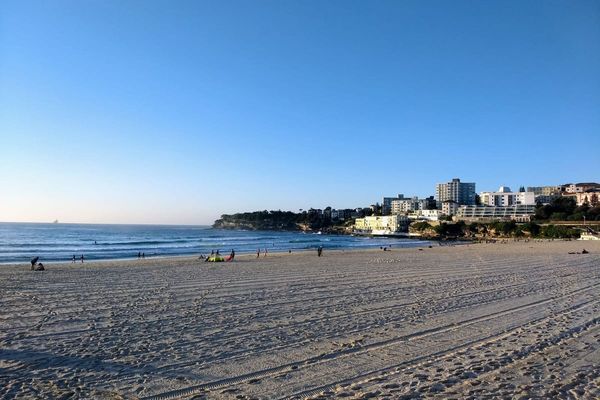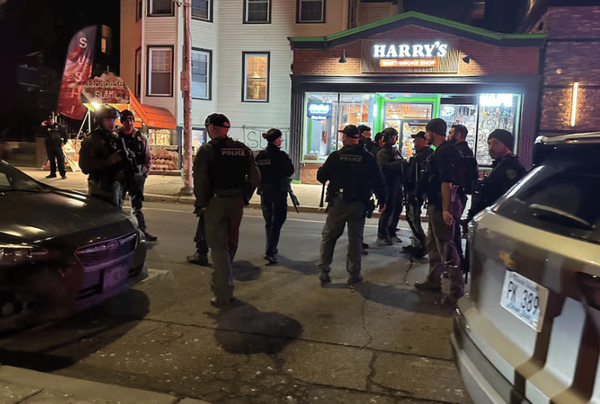THE Gaza Strip is at critical risk of famine if Israel does not lift its blockade and stop its military campaign, food security experts have said.
Outright famine is the mostly likely scenario unless conditions change, according to findings by the Integrated Food Security Phase Classification, a leading international authority on the severity of hunger crises.
Nearly a half million Palestinians are in “catastrophic” levels of hunger, meaning they face possible starvation, the report said, while another million are at “emergency” levels of hunger.
Israel has banned any food, shelter, medicine or other goods from entering the Palestinian territory for the past 10 weeks, even as it carries out waves of air strikes and ground operations.
Gaza’s population of around 2.3 million people relies almost entirely on outside aid to survive, because Israel’s 19-month-old military campaign has wiped out most of the capacity to produce food inside the territory.
The office of Israel’s prime minister, Benjamin Netanyahu, did not respond to a request for comment on the IPC report.
The army has said that enough assistance entered Gaza during the two-month ceasefire which Israel shattered in mid-March when it relaunched its military campaign.
Israel says the blockade aims to pressure Hamas to release the hostages it still holds.
It says it will not let aid back in until a new system giving it control over distribution is in place, accusing Hamas of siphoning off supplies.
The United Nations denies substantial diversion of aid is taking place. It says the new system Israel envisages is unnecessary, will allow aid to be used as a weapon for political and military goals, and will not meet the massive needs of Palestinians.
The United States says it is working up a new mechanism that will start deliveries soon, but it has given no timeframe.
The UN has so far refused to participate, saying the plan does not meet humanitarian standards.
Monday’s report said that any slight gains made during the ceasefire have been reversed.
Nearly the entire population of Gaza now faces high levels of hunger, it said, driven by conflict, the collapse of infrastructure, destruction of agriculture, and blockades of aid.
Commenting on the report, the head of the UN Food and Agriculture Organisation (FAO) said any delay in restoring the flow of aid “bringing us closer to famine”.
“If we fail to act, we are failing to uphold the right to food, which is a basic human right,” FAO director-general Qu Dongyu said.
Meanwhile, an Israeli strike on a school-turned-shelter in the Gaza Strip killed at least 16 people in the embattled enclave, mostly women and children.
At least five children and four women were among those killed in the strike on a school in the Jabaliya area, the Gaza health ministry’s emergency service said.
The West Bank is also under pressure after Israel's security cabinet approved a decision aimed at implementing land registration for the first time since its occupation in 1967.
The move, which finalises the registration of property rights to a section of the territory, is expected to deepen discrimination against Palestinians who will find it even harder to prove land rights amid increased Israeli settler activity.







